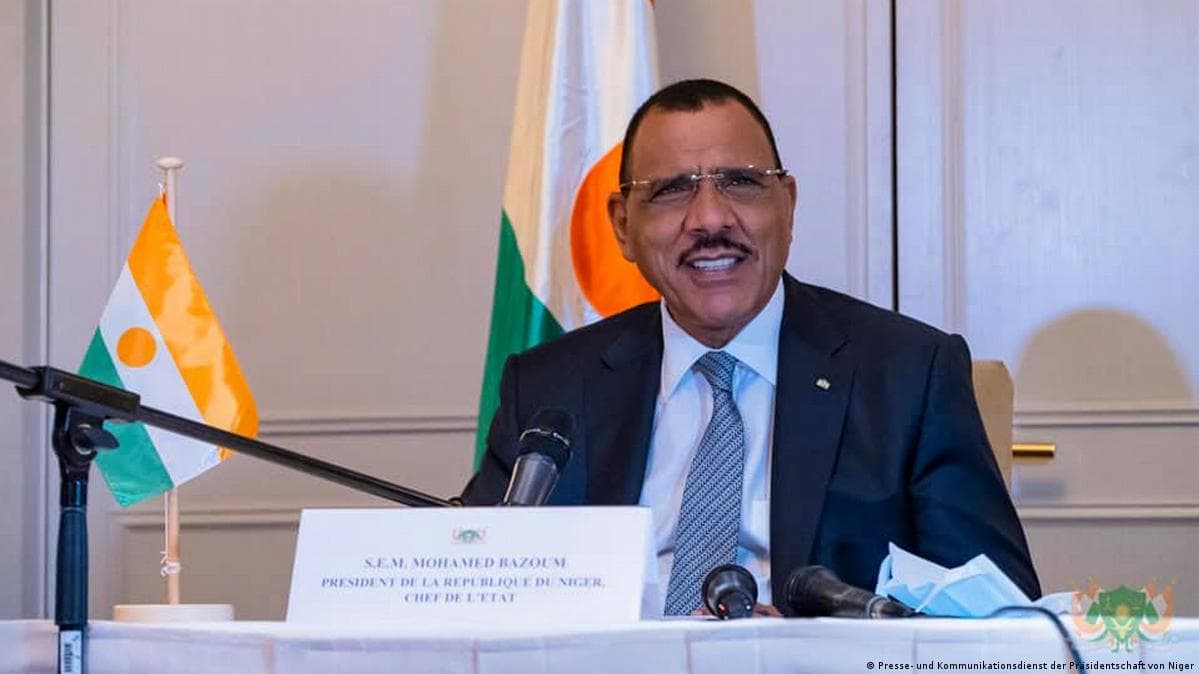Niger Republic is currently embroiled in a crisis after an attempted coup against its democratically elected President, Mohamed Bazoum, on July 26, 2023. Members of the presidential guard detained President Bazoum inside his palace in the capital, Niamey, triggering uncertainty and sparking international condemnation.
Details surrounding the coup attempt are still emerging, but sources confirm that soldiers, clad in military fatigues, announced their takeover in a video communique. Colonel-Major Amadou Abdramane, flanked by apparent soldiers, declared an end to the current regime, citing the country’s deteriorating security situation and “poor economic and social governance” as reasons for their actions.
The coup attempt led to a standoff with the army, and access to the presidential palace and ministries was blocked by military vehicles. President Bazoum’s whereabouts at the time of the announcement were uncertain, and it remains unclear whether he had resigned or was resisting the plotters’ demands.
The response to the coup attempt was swift and decisive from both regional and international actors. The Economic Community of West African States (ECOWAS) and the African Union (AU) condemned the attempted coup, with ECOWAS calling for President Bazoum’s liberation and the AU urging the “felon” soldiers involved to return to their barracks immediately. Nigeria, which is a neighbor to Niger and plays a crucial role in the region, expressed strong concern as President Bola Tinubu, the ECOWAS chairman, closely monitored the situation.
The coup attempt has raised alarm among West African nations, particularly given Niger’s history of military coups since gaining independence from France in 1960. The country had experienced four military coups and several attempted ones before the most recent attempt in 2021. The rising cost of living and perceptions of government incompetence may have contributed to the political instability in the region, further intensifying the concerns.
Niger plays a pivotal role in the fight against Islamist militancy in West Africa and has been crucial in efforts to counter jihadist rebellions in neighboring countries, including Nigeria, Mali, and Burkina Faso. The attempted coup could have significant implications for regional security and international partnerships in the fight against militant extremism.
As the situation continues to develop, it is imperative for Nigerien citizens to remain cautious and abide by local authorities’ instructions. The international community must closely monitor the situation and support Niger in safeguarding its democratic institutions and stability during this challenging time.
